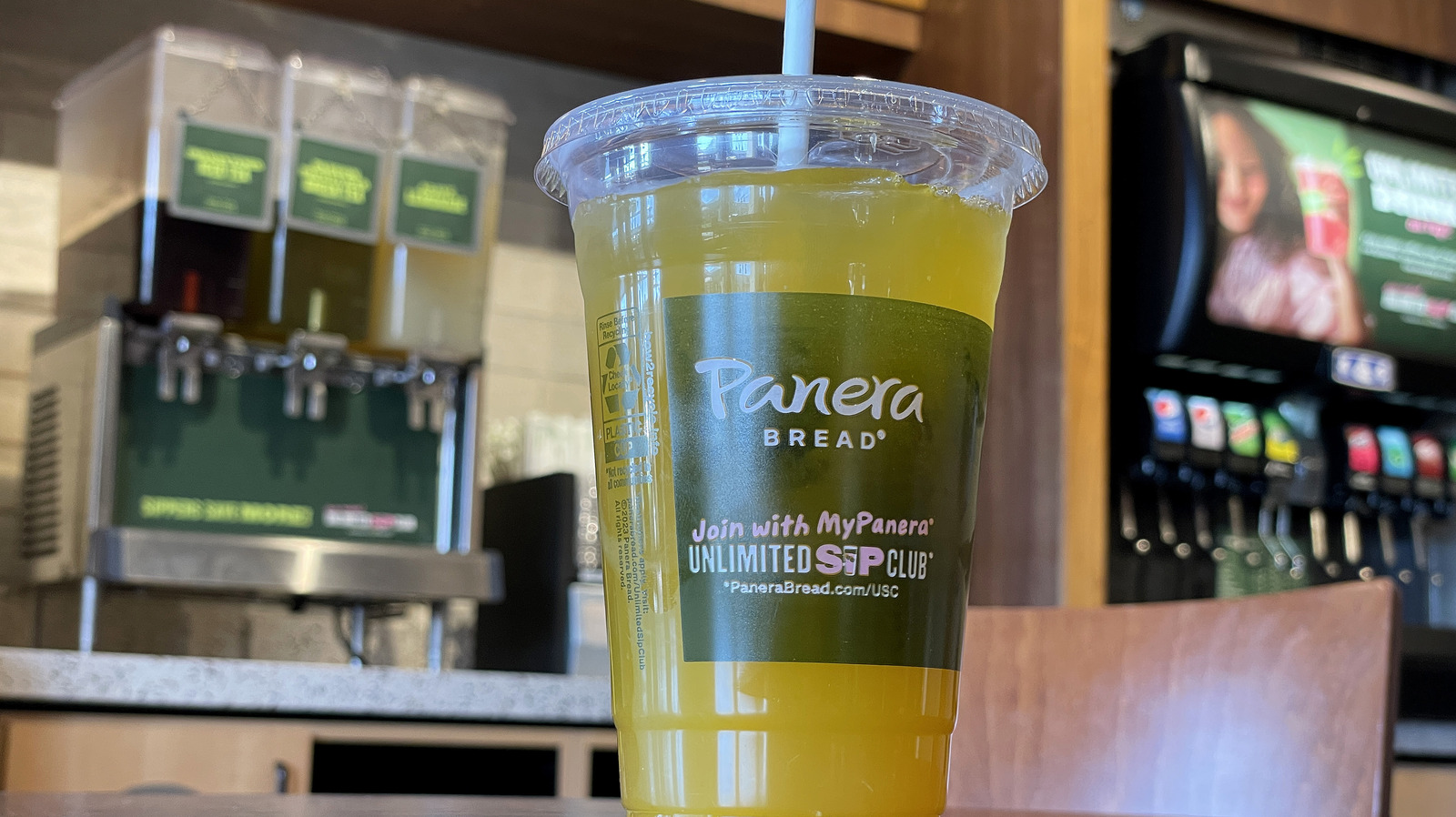The Panera lemonade lawsuit has captured the attention of consumers and legal experts alike, raising important questions about food safety and corporate responsibility. In recent years, Panera Bread has become a household name, known for its fresh ingredients and commitment to quality. However, the recent allegations surrounding their signature lemonade have sparked discussions about the safety of food products in the market. This article delves deep into the lawsuit, exploring its origins, implications, and the potential impact on consumers and the company.
The controversy began when several customers reported severe reactions after consuming Panera's lemonade, leading to allegations of negligence and product liability. As the case unfolds, it has become crucial for consumers to understand the details surrounding the lawsuit, the company’s response, and the broader implications for food safety regulations. This comprehensive guide aims to provide clarity and insight into the situation.
Moreover, this article will discuss the importance of transparency in food labeling and the role that consumer awareness plays in ensuring food safety. By examining the Panera lemonade lawsuit, we aim to equip readers with the knowledge they need to make informed decisions about their food choices, while also emphasizing the significance of holding companies accountable for their products.
Table of Contents
- Background of the Panera Lemonade Lawsuit
- Allegations Against Panera Bread
- Legal Implications of the Lawsuit
- Impact on Consumers
- Panera's Response to the Allegations
- Food Safety Regulations and Standards
- Expert Opinions on the Matter
- Conclusion and Future Considerations
Background of the Panera Lemonade Lawsuit
The origins of the Panera lemonade lawsuit date back to early 2023, when a series of complaints were filed by customers who experienced adverse health effects after consuming the popular beverage. Reports of severe gastrointestinal issues and allergic reactions prompted an investigation into the lemonade's ingredients and preparation methods. As the complaints grew, so did the scrutiny on Panera's quality control measures.
Details of the Lawsuit
The lawsuit claims that Panera failed to adequately disclose the ingredients in their lemonade, particularly concerning allergens that could pose health risks to sensitive individuals. Plaintiffs argue that the company should have taken more proactive measures to inform consumers about potential dangers associated with their products.
- Severe allergic reactions reported by multiple customers.
- Lack of clear labeling regarding allergens in lemonade.
- Claims of negligence and product liability against Panera Bread.
Allegations Against Panera Bread
As the lawsuit progressed, more specific allegations emerged against Panera Bread regarding their lemonade preparation and ingredient sourcing. Plaintiffs allege that the company was aware of the potential risks but failed to take appropriate action to protect consumers.
Ingredient Concerns
One of the primary concerns raised in the lawsuit relates to the use of artificial ingredients and preservatives in the lemonade. Consumers argue that these additives were not adequately disclosed, leading to unexpected health consequences.
Legal Implications of the Lawsuit
The legal implications of the Panera lemonade lawsuit are significant, not only for the company but also for the broader food industry. If the plaintiffs succeed in their case, it could set a precedent for increased scrutiny on food labeling and corporate accountability.
Potential Outcomes
Several outcomes are possible depending on the court's findings:
- Damages awarded to plaintiffs, leading to increased financial liability for Panera.
- Changes in food labeling regulations to enhance consumer protection.
- Strengthened consumer advocacy regarding food safety issues.
Impact on Consumers
The fallout from the Panera lemonade lawsuit is likely to have a significant impact on consumers. As word of the allegations spreads, many customers may begin to question the safety of not only Panera's lemonade but also other food products they consume.
Consumer Awareness and Action
In light of the lawsuit, consumers are encouraged to:
- Read food labels carefully and research ingredient safety.
- Stay informed about ongoing lawsuits and food safety issues.
- Report any adverse reactions to food products to appropriate authorities.
Panera's Response to the Allegations
In response to the allegations, Panera Bread has publicly stated its commitment to food safety and quality. The company has emphasized that it takes customer feedback seriously and is currently reviewing its processes and ingredient sourcing.
Public Statements and Actions
Panera has issued several public statements, asserting that customer safety is its top priority. The company is cooperating with the investigation and has pledged to enhance its transparency regarding ingredient sourcing.
Food Safety Regulations and Standards
The Panera lemonade lawsuit raises important questions about food safety regulations and corporate responsibility. In the United States, the Food and Drug Administration (FDA) sets guidelines for food labeling and safety, but the enforcement of these regulations can vary widely.
Role of Regulatory Bodies
Regulatory bodies play a crucial role in ensuring food safety by:
- Establishing guidelines for ingredient disclosure.
- Conducting inspections of food production facilities.
- Enforcing penalties for companies that violate food safety standards.
Expert Opinions on the Matter
Legal and food safety experts have weighed in on the Panera lemonade lawsuit, emphasizing the need for greater accountability in the food industry. Experts argue that companies must prioritize consumer safety over profits and be transparent about their ingredients.
Insights from Food Safety Experts
Experts recommend that consumers advocate for clearer labeling and better communication from food companies. They also stress the importance of regulatory oversight to protect public health.
Conclusion and Future Considerations
The Panera lemonade lawsuit serves as a critical reminder of the importance of food safety and corporate responsibility. As the case unfolds, consumers must remain vigilant and informed about the products they consume.
We encourage readers to engage in discussions about food safety and hold companies accountable for their products. Share your thoughts in the comments below, and consider reading more articles on food safety and consumer rights.
For those interested in staying updated on this case and other food-related issues, be sure to follow our blog for the latest news and insights.



